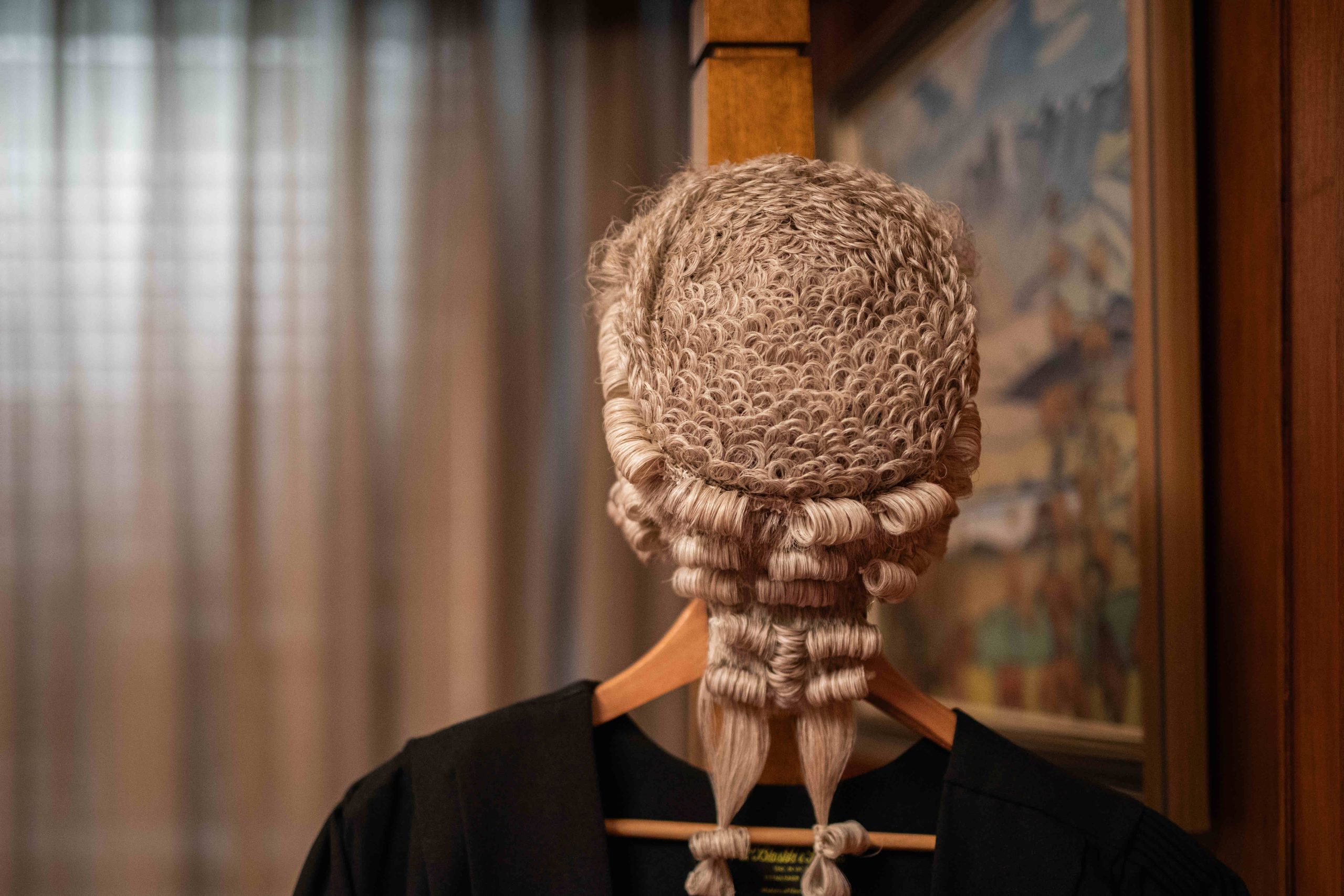How Psychologists Support Immigration Cases as Expert Witnesses
When individuals face the complex and often daunting process of immigration, the focus is frequently on legal arguments, documentation, and procedural requirements. However, in many cases, a critical component is overlooked — the psychological well-being and mental state of the applicant. This is where psychologists step in as expert witnesses, offering vital insights that can...












